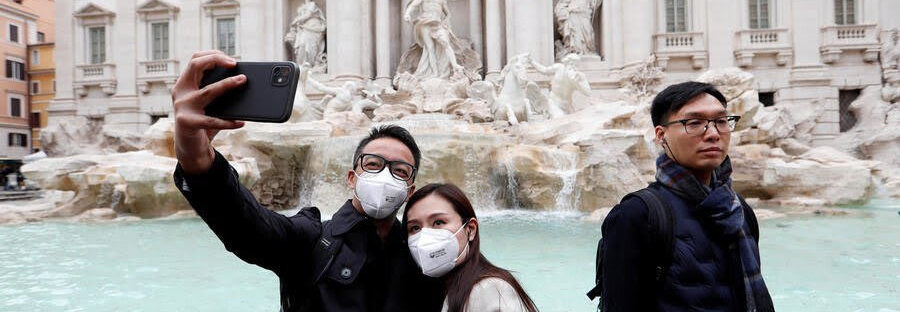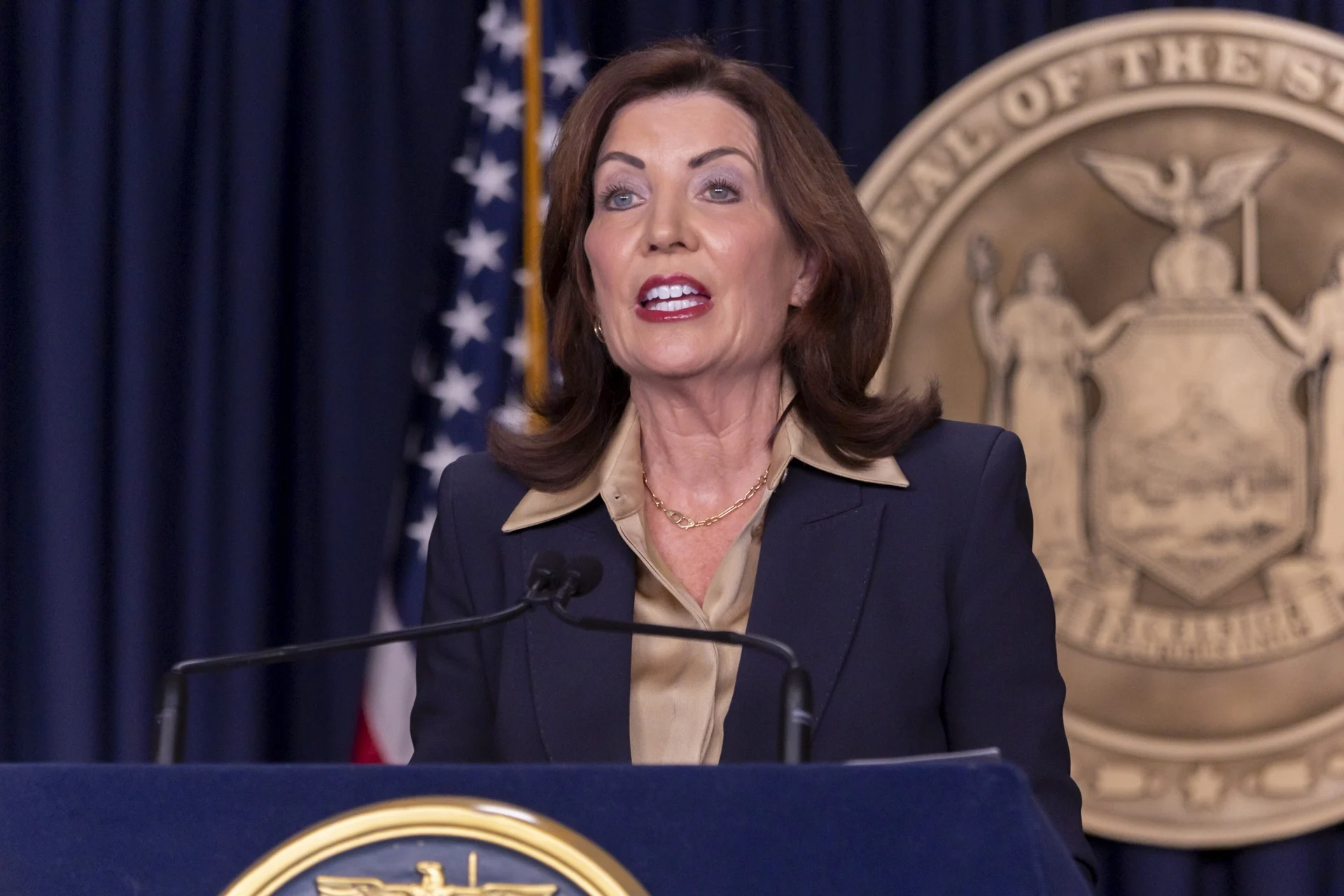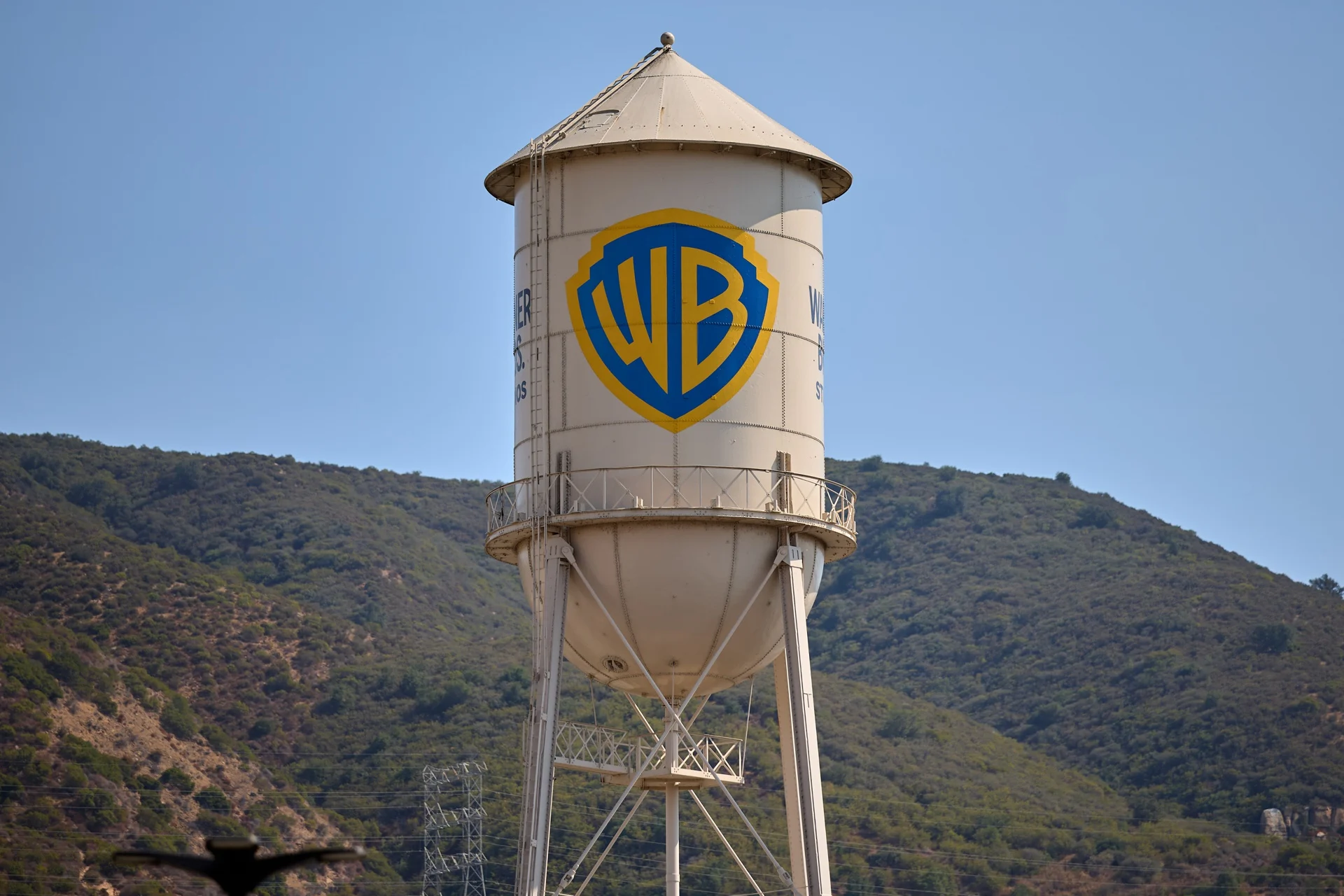International
World tourism surges in July, but falls short of pre-Covid levels

AFP
World tourism surged in July, thanks to vaccination rollouts and fewer travel restrictions, but traveller numbers still fell far short of pre-pandemic levels, the UN’s tourism body said Monday.
Some 54 million tourists crossed international borders in July, the highest figure since April 2020, in the early months of the coronavirus crisis, the World Tourism Organization said in a statement.
That represented an increase of 58 percent compared with the level recorded in July 2020, but was still a drop of 67 percent from the 164 million recorded in July 2019.
“This improvement was underpinned by the reopening of many destinations to international travel, mostly in Europe and the Americas… coupled with progress made in the roll-out of Covid-19 vaccines” which contributed to “gradually restoring safe mobility in Europe and other parts of the world,” it said.
“Nevertheless, 2021 continues to be a challenging year for global tourism, with international arrivals down 80 percent in January-July compared to 2019,” said the Madrid-based organisation.
In the first seven months of the year, Asia and the Pacific continued to see the steepest declines, with a drop of 95 percent in international arrivals, followed by the Middle East where numbers were down 82 percent, Europe and Africa, which registered a fall of 77 percent, and the Americas which sustained a drop 68 percent.
Only a few small islands in the Caribbean, Africa, Asia and the Pacific, alongside several small European destinations recovered and counted arrivals close to, or even higher, than pre-pandemic levels.
Spain, which before the pandemic was the world’s second most popular tourist destination, on Monday said it welcomed 15 million tourists in the first eight months of the year, a decline of 4.2 percent from the same period last year, the National Statistics Institute said.
The data cast doubt on the objective set by the Spanish government of attracting some 45 million foreign visitors this year, around half the number of 2019.
“The true restart of tourism and the benefits it brings, remains on hold as inconsistent rules and regulations and uneven vaccination rates continue to affect confidence in travel,” UNWTO head Zurab Pololikashvili in the statement.
The UN body said it was expecting to see a “rebound” in 2022 although global tourism is not expected to reach pre-pandemic levels until 2023 or 2024.
International
New York Announces First 2,000 Seats in Universal 2-K Program

The Governor of New York, Kathy Hochul, and New York City Mayor Zohran Mamdani took another step today in their universal early education agenda by announcing the communities that will have access to the first 2,000 seats in the new 2-K program this fall — an initiative backed by a $73 million investment.
The funding is part of the $1.2 billion package previously unveiled by Hochul to strengthen child care and early childhood education across the city, one of the key campaign promises of the now Social Democratic mayor.
At the time of the announcement, the governor also outlined additional funds to reinforce the existing 3-K early education infrastructure, a program launched under former Mayor Bill de Blasio (2014–2021).
When the 2-K initiative was introduced in January, Mayor Mamdani explained that its first phase would offer 2,000 seats, with the goal of eventually expanding into a universal program — a commitment supported by the governor.
State investment in child care and preschool services is expected to increase to $4.5 billion by fiscal year 2027.
Among the first communities set to benefit from the 2,000 seats are Upper Manhattan and Inwood — areas with large Dominican populations — as well as Fordham and Kingsbridge in the Bronx, a borough with a Latino majority.
In East Brooklyn, Canarsie, Brownsville, and Ocean Hill will also be included. Meanwhile, Ozone Park and the Rockaways are among the neighborhoods that will see the rollout of the 2-K program.
International
Warner Bros. Developing First ‘Game of Thrones’ Movie With ‘Andor’ Writer

Warner Bros. is developing the first feature film based on the hit saga Game of Thrones, with Beau Willimon — screenwriter of Andor — attached to direct, according to a report published Tuesday by Page Six.
The project, currently in early development, will focus on the conquest of King Aegon I Targaryen. A separate television adaptation centered on the same historical storyline within the franchise is also in early stages at HBO.
However, the outlet noted that it remains unclear whether the film will move forward following the recent acquisition of Warner Bros. Discovery by Paramount Skydance.
If the merger is finalized, the movie could potentially be shelved, although that scenario appears unlikely given that the Game of Thrones franchise remains one of HBO’s most valuable and beloved properties.
After six seasons adapting the work of George R. R. Martin, the platform expanded the universe with House of the Dragon, a prequel series set 200 years before the events of Game of Thrones that explores the history of House Targaryen.
International
Spain’s Prime Minister to Address Nation Amid Trump’s Trade Threats

The Prime Minister of Spain, Pedro Sánchez, will deliver an institutional address this Wednesday at the Moncloa Palace regarding the escalating situation in the Middle East and recent threats directed at Spain by U.S. President Donald Trump.
The Spanish government announced that Sánchez will make a statement at 9:00 a.m. local time to outline his position on the latest developments following the U.S. and Israeli attacks on Iran.
Sánchez is expected to reiterate Spain’s reasons for opposing the use of U.S. military bases on Spanish soil in the operation—an action he has already described as being outside international law—while also expressing criticism of the Iranian regime.
Government sources indicated that the address had been planned prior to Trump’s remarks criticizing Spain’s stance. However, following those comments, Sánchez is now also expected to respond directly to the U.S. president’s statements.
Trump has threatened to “cut all trade with Spain” and said he wants “nothing to do” with the country after Madrid refused to authorize the use of the Morón and Rota military bases in southern Spain for operations against Tehran.
The U.S. president also labeled Spain “a terrible NATO partner” and warned that “no one” would tell him he could not use the facilities.
In response, the Spanish government stated that Spain fulfills its commitments to NATO and European defense. It also warned Trump that any review of bilateral trade relations must respect international law and the agreements in place between the European Union and the United States.
-

 International3 days ago
International3 days agoIran Reports 201 Dead, 747 Injured After U.S. and Israeli Strikes
-

 International3 days ago
International3 days agoPope Leo XIV Urges End to ‘Spiral of Violence’ in Middle East
-

 International3 days ago
International3 days agoSecurity Council to Hold Emergency Meeting on Middle East Crisis
-

 International1 day ago
International1 day agoBrazil’s Supreme Court Rejects Bolsonaro’s Bid for House Arrest
-

 International4 days ago
International4 days agoTrump Floats “Friendly Takeover” of Cuba Amid Rising Tensions
-

 Sin categoría3 days ago
Sin categoría3 days agoTrump: ‘We Think It’s True’ Amid Claims Iran’s Supreme Leader Was Killed
-

 International4 days ago
International4 days agoArgentina’s Senate Reviews Milei-Backed Labor Overhaul
-

 International1 day ago
International1 day agoAnti-ICE Billboard Campaign Targets Immigration Spending in 31 U.S. Cities
-

 International1 day ago
International1 day agoTrump Warns of ‘Major Wave’ of Attacks as Iran Conflict Escalates
-

 International1 day ago
International1 day agoMexico Calls for Immediate Probe After National Dies in ICE Custody
-

 International13 hours ago
International13 hours agoSpain’s Prime Minister to Address Nation Amid Trump’s Trade Threats
-

 International13 hours ago
International13 hours agoNew York Announces First 2,000 Seats in Universal 2-K Program
-

 Central America1 day ago
Central America1 day agoPanama Canal Monitoring Trade as Middle East Conflict Disrupts Shipping
-

 International1 day ago
International1 day agoBolivia Orders Three Investigations Into Deadly Military Plane Crash
-

 Central America13 hours ago
Central America13 hours agoGuatemala’s Attorney General Fails in Bid for Top Court Seat Amid Corruption Allegations
-

 International13 hours ago
International13 hours agoWarner Bros. Developing First ‘Game of Thrones’ Movie With ‘Andor’ Writer




























